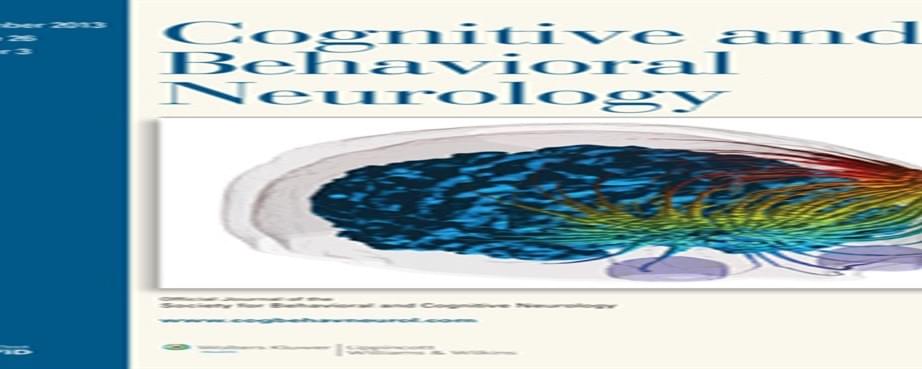E to forgetting and false memories. However, if we believe that episodic memory developed to flexibly and creatively combine and rearrange memories of prior events in order to plan for the future, then it is quite a good system. We argue that consciousness originally developed as part of the episodic memory system—quite likely the part needed to accomplish that flexible recombining of information. We posit further that consciousness was subsequently co-opted to produce other functions that are not directly relevant to memory per se, such as problem-solving, abstract thinking, and language. We suggest that this theory is compatible with many phenomena, such as the slow speed and the after-the-fact order of consciousness, that cannot be explained well by other theories. We believe that our theory may have profound implications for understanding intentional action and consciousness in general. Moreover, we suggest that episodic memory and its associated memory systems of sensory, working, and semantic memory as a whole ought to be considered together as the conscious memory system in that they, together, give rise to the phenomenon of consciousness. Lastly, we suggest that the cerebral cortex is the part of the brain that makes consciousness possible, and that every cortical region contributes to this conscious memory system…
